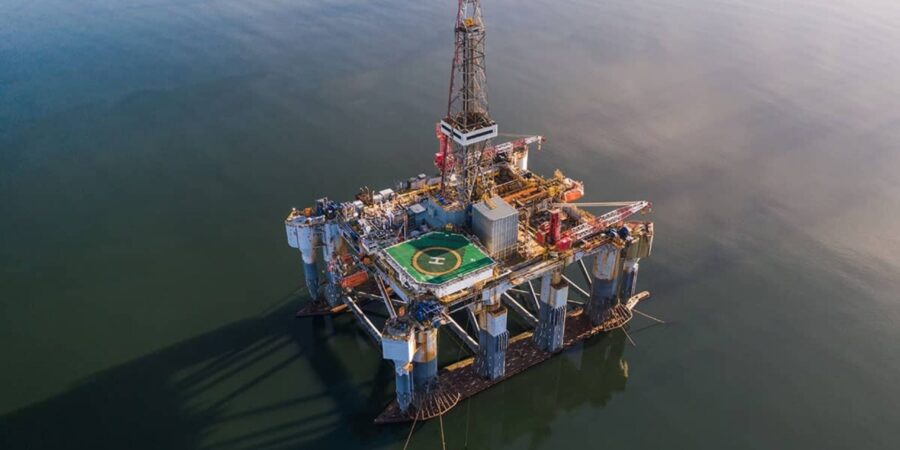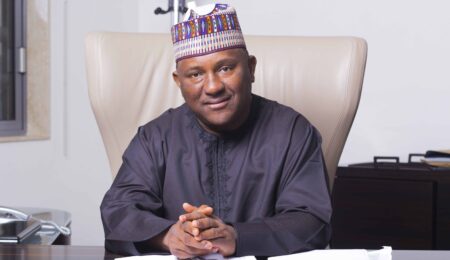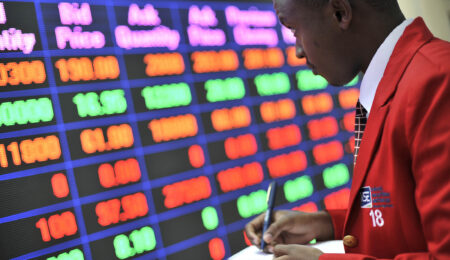Nigeria has equalled Angola as the largest oil drilling market in sub-Saharan this year, according to a report by Hawilti and the Caverton Offshore Support Group Plc.
As per the recently published offshore rigs tracker report, a total of 38 drilling rigs have been engaged in offshore sub-Saharan Africa thus far this year. This signifies a notable surge in activity compared to the levels observed in 2022 and early 2023.
The report noted that new drilling contracts have been awarded across established and frontier markets since January, “confirming 2023 as one of the biggest years for offshore drilling activity on the continent in a decade”.
“Nigeria has caught up with Angola to also take the position of biggest drilling market this year, with a total of eight drilling campaigns confirmed offshore in both countries,” the report reads.
Nevertheless, it is anticipated that Angola will sustain a higher level of activity, as the majority of drilling campaigns in the country have already been confirmed until the latter half of 2024 to support exploratory, infill, and development drilling efforts. After Angola and Nigeria, the Republic of Congo and Gabon are the next most active offshore drilling destinations in sub-Saharan Africa.
The report notes that exploration makes an important part of ongoing and planned drilling campaigns for 2023. While results of key campaigns in Gabon and Congo are still awaited, new contracts have been signed. TotalEnergies extended the Baltic rig contract offshore Nigeria to drill the Ntokon Central prospect on OML 102, while Shell selected the Noble Voyager to drill a wildcat on its C-10 license offshore Mauritania at the end of this year.”
It is important to acknowledge that Nigeria’s achievement in becoming a major drilling market before now may have been hindered by various socio-economic factors. For example, factors bordering on crude theft and pipeline vandalism have plagued the industry for a considerable period of time. Consequently, Nigeria lost out on the opportunity to produce and sell about 65,700,000 barrels of oil in the last year. Brent crude price averaged about $83 per barrel from March 2022 to March 2023, meaning the country could have lost as much as N2.3tr to the menace.
Encouragingly, it is now displaying signs of recovery. The country is back in business with most rig schedules extended and new contracts signed since the start of the year. Importantly, the country has two deepwater rigs active this year, including the Valaris DS-10 for SNEPCO (Shell) on its Bonga hub (OML 118) until Q1 2024, and the Gerry de Souza for TotalEnergies on its Egina and Akpo hubs (OML 130).
The surge in drilling activity in Nigeria not only showcases the country’s potential for resource exploration and production but also presents a crucial opportunity for economic growth and investment. This exploration comes at a pivotal moment for Nigeria. The country’s economy is presently undergoing an economic reset and this new development is one of the many steps to restore investor confidence. The increased drilling activity has the potential to attract international companies, generate employment opportunities, and foster the overall development of Nigeria’s oil and gas industry. This can have far-reaching positive impacts on the country’s economy.





